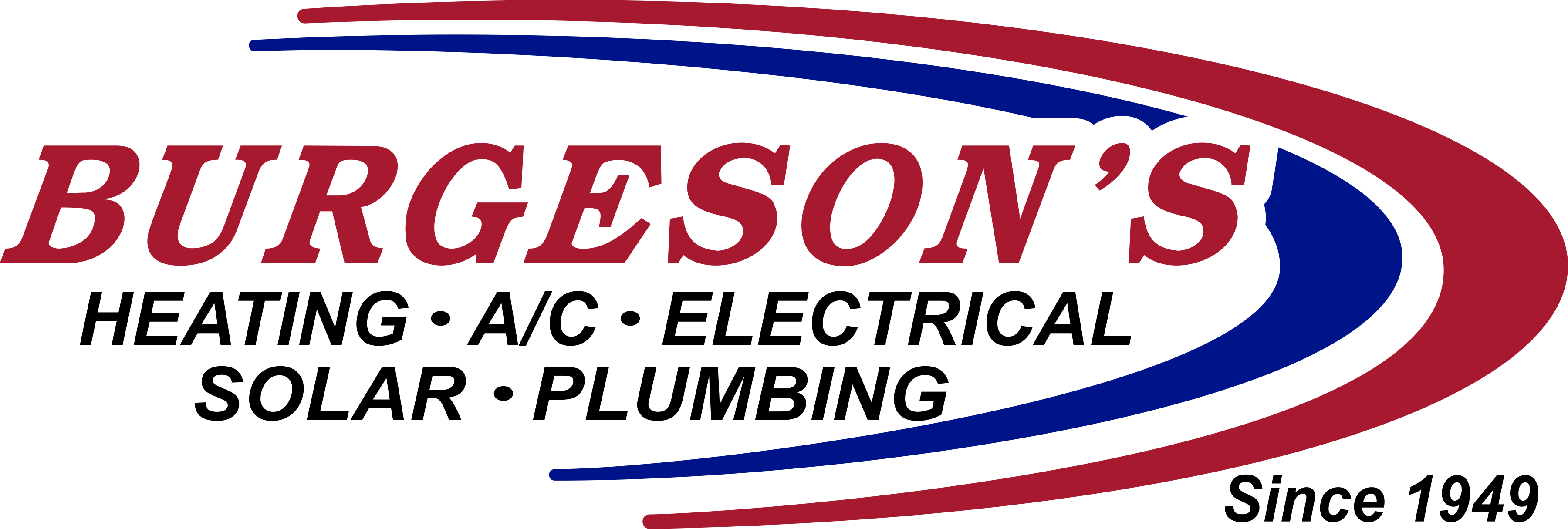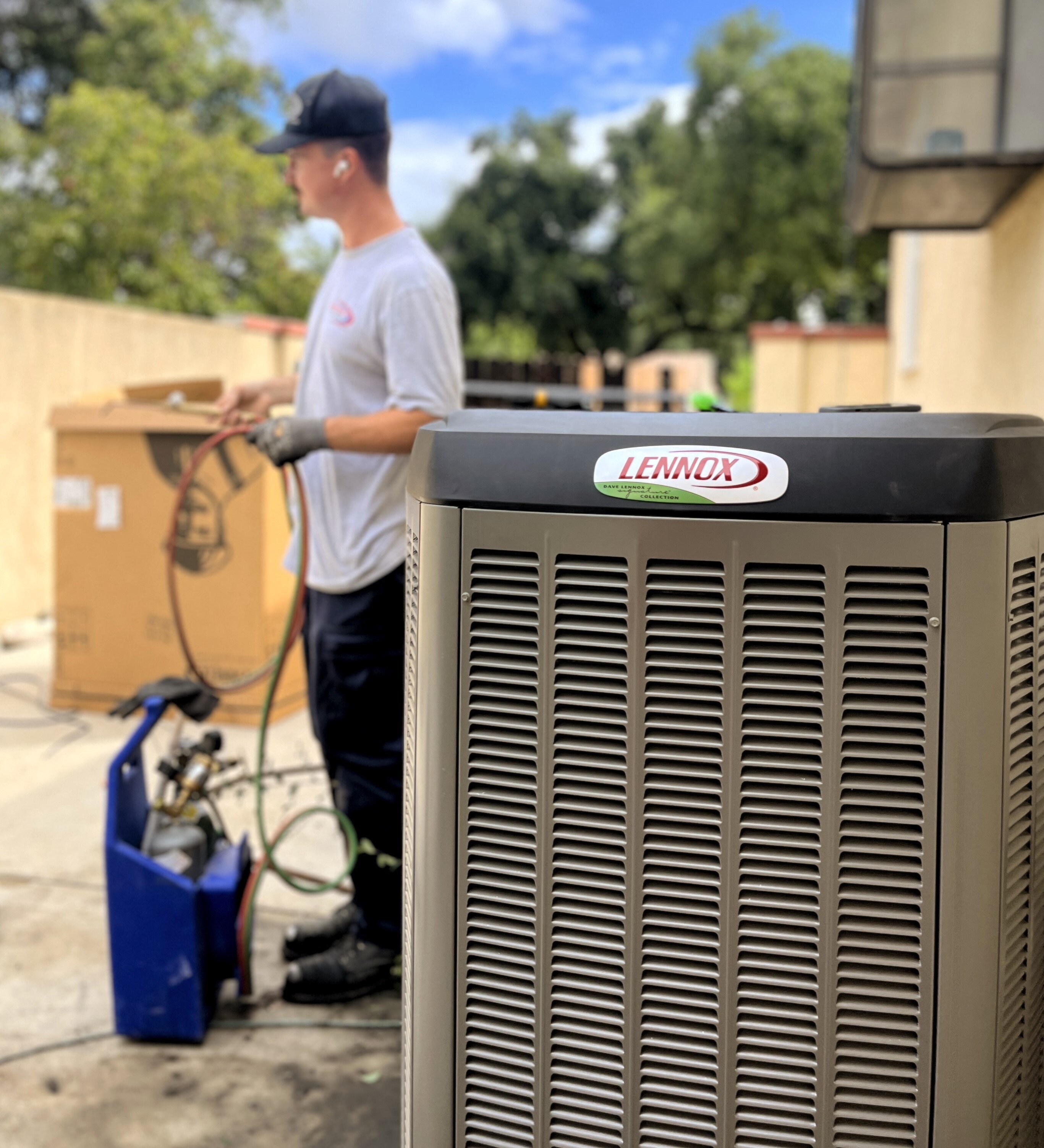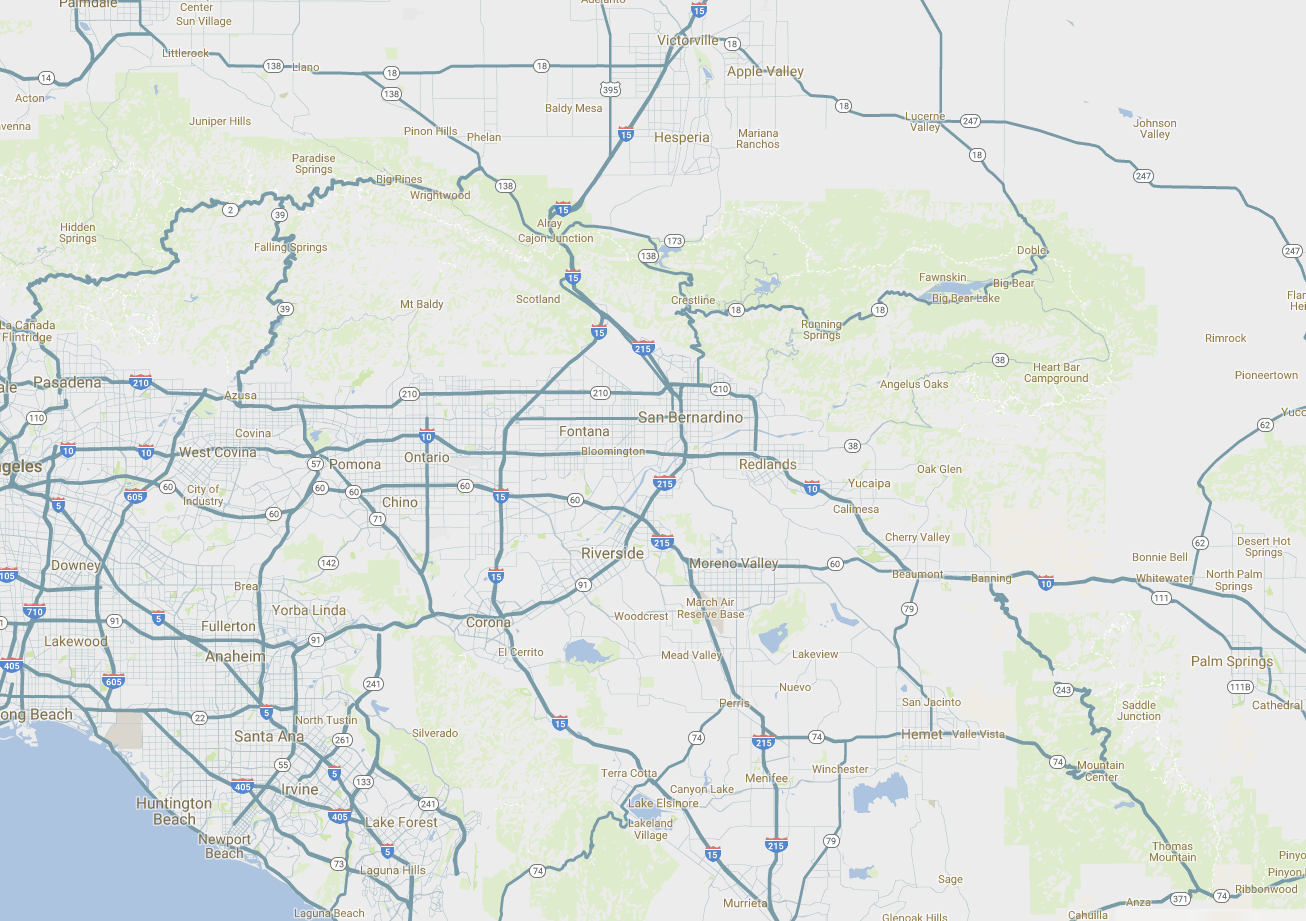At first glance, a heat pump may appear to be just another household appliance, but it serves a much more versatile, efficient, and environmentally friendly role in temperature control. But what exactly is a heat pump, and how does it stand apart from traditional HVAC systems and water heaters?
A heat pump is a device designed to heat and cool spaces by transferring heat between two areas. Its unique capability enables it to perform both heating and cooling functions within a space. In contrast to conventional air conditioners, which solely cool by extracting heat from indoors and releasing it outdoors, heat pumps can reverse this process, providing warmth during colder months. This ability to reverse its operation is crucial, making heat pumps a year-round solution for climate control.
Furthermore, the distinctions become even clearer when comparing heat pumps to standard water heaters. Traditional water heaters generate heat by directly warming water through gas or electricity. Heat pumps, on the other hand, efficiently move pre-existing heat from the air or ground to heat water.
In this blog, we'll dive deeper into the workings of heat pumps, explore their differences from traditional HVAC systems and water heaters, and help you understand why they might be the perfect choice for your heating and cooling needs. Whether you're looking to reduce your carbon footprint, save on energy bills, or simply want a more efficient way to maintain a comfortable temperature at home, understanding heat pumps is the first step towards a smarter, greener way of living.
If you're ready to upgrade your home's HVAC system, request a heat pump or water heater estimate with us today. Since 1949, our friendly, knowledgeable technicians have been committed to delivering outstanding service and getting the job done right the first time. As a trusted 3rd generation family-owned business, we stand for honesty, integrity, and doing what's right for our customers.
The Basics of Heat Pump Technology
The cooling process of a heat pump operates in reverse to its heating process, making it easier to grasp both functions once you understand one. Here's a breakdown of how it works:
Heating Mode:
- In cold weather, the heat pump extracts heat energy from natural sources like the surrounding air, ground, or water.
- Fans pull the extracted heat over the outdoor coil, entering the coil's tubes filled with refrigerant.
- The refrigerant, now a high-pressure gas, is pumped into the reversing valve, which sends it to the indoor coil.
- The indoor coil releases the heat to raise the indoor temperature, condensing the refrigerant into a liquid as it does so.
- The liquid refrigerant then flows through the thermal expansion valve, converting it back into gas once it reaches the outdoor coil, where the heating process starts anew.
Cooling Mode:
- During hot weather, the heat pump operates similarly to an air conditioner.
- High-pressure gas travels from the compressor to the reversing valve, directing it to the outdoor coil.
- The refrigerant is condensed into a high-pressure liquid before entering the thermal expansion valve, which lowers its temperature.
- Once the indoor coil transforms the liquid into gas, it pumps cool air into your home, reducing the temperature.
- The refrigerant then repeats the cycle by traveling back through the reversing valve and into the compressor.
With this comprehensive understanding of heat pump technology, you can make the most of your HVAC system, efficiently managing indoor temperatures year-round.
The Difference Between a Heat Pump and a Traditional AC/Furnace Combo
Although the name suggests otherwise, a heat pump offers both heating and cooling functions, making it a versatile device for your home. However, there are key differences between a heat pump and a traditional AC/furnace combo.
Efficiency in Cold Weather: Heat pumps are less efficient in extremely cold temperatures, as they must work harder to generate heat when the outside temperature drops below freezing. This increased energy consumption can strain the unit's performance. To address this, heat strips can be added to the heat pump to serve as a backup heat source during extremely cold weather.
Unit Configuration: In a traditional AC/furnace combo, an air conditioner, a furnace, and a coil are installed to handle cooling and heating functions. They create a typical heating and cooling system in many homes.
A heat pump offers a two-in-one solution, providing both heating and cooling capabilities within the single outdoor unit combined with an air handler on the inside doing the job of pushing air through the indoor coil to the duct system.
The Difference Between a Heat Pump Water Heater and a Traditional Water Heater
Heat pump water heaters are an energy-efficient alternative to traditional water heaters. Instead of producing energy to create new heat, they extract heat from the surrounding environment. Heat pump water heaters do not rely on fossil fuels to heat your home's water supply. Not only does this make them a more eco-friendly option for homeowners, but they can also help reduce your energy costs.
On the other hand, traditional water heaters store hot water inside a tank, so it's ready to go whenever you turn on the hot water tap. The majority of these water heaters use a fossil fuel source, such as natural gas or propane, to heat the water. However, some conventional units run on electricity instead. It's worth noting that electric water heaters can still drive up your utility costs, as opposed to an energy-efficient heat pump water heater.
Looking for a precise quote for your heat pump installation? Contact us today.
Our experienced HVAC and Plumbing Advisors will be happy to inspect your home and offer a personalized solution for your unique needs. We always provide our customers with upfront quotes to ensure there are no surprises at any point during the process.













